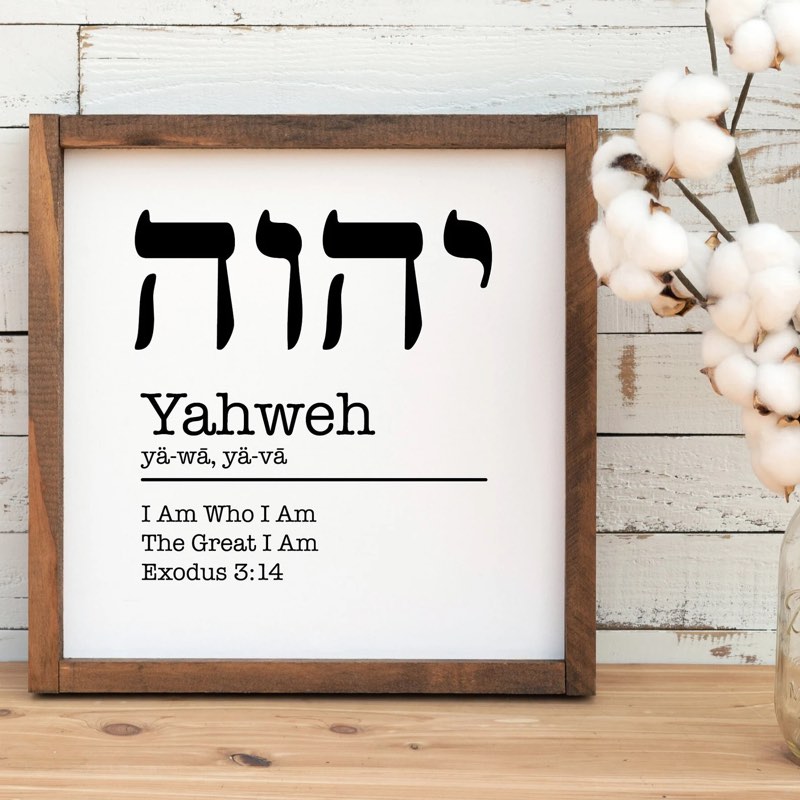How can this argument be explained, considering that some individuals have a negative view towards the usage of the English term "God" due to its resemblance to the name of the pagan deity "Gad," referenced in Isaiah 65, verse 11?
The argument you're referring to seems to stem from a concern over the use of the term "God" in English due to its perceived phonetic similarity to "Gad," which is mentioned in Isaiah 65, verse 11, as a deity of fortune worshiped by some ancient peoples. Here's how this argument might be explained and addressed:
1. Etymological Perspective: The English word "God" is derived from Old English "God," which itself comes from Proto-Germanic *gudan. The etymology of the English word "God" is different from that of the name "Gad" mentioned in the Bible. "Gad" is a transliteration of the Hebrew word "גַּד," which is thought to refer to a deity of fortune. The similarity in sound between the two words in modern English is coincidental and does not reflect a direct linguistic or historical connection.
2. Linguistic Diversity: The word used to refer to the monotheistic concept of the Supreme Being varies in different languages and cultures. For example, in Arabic, it is "Allah," in Hebrew, it is "Elohim" or "Yahweh," in Greek, it is "Theos," and in Latin, it is "Deus." The choice of which term to use has more to do with the linguistic and cultural background than with the historical origins of the term itself.
3. Historical Context: Isaiah 65, verse 11, refers to the Israelites turning away from God to worship other deities, including "Gad." The context of this verse is a rebuke of idolatry and faithlessness. The similarity in English pronunciation between "God" and "Gad" is irrelevant to the original context of the scripture, as the audiences of Isaiah's time would not have been speaking English or using the English term "God."
4. Intended Meaning: When most English speakers say "God," they are referring to the monotheistic concept of the ultimate divine being, not a specific historical deity named "Gad." The meaning of words is defined by their use and the intentions of the speaker, not merely by phonetic resemblance.
5. Theological Perspective: Many theologians and scholars would argue that what is important is the concept and attributes of the deity being referred to, not the specific name or term used. The monotheistic God of Judaism, Christianity, and Islam is characterized by attributes such as omnipotence, omniscience, benevolence, and transcendence, which are distinct from the characteristics of any pagan deity.
For individuals who have a negative view of the use of the term "God" based on this resemblance, it may be helpful to consider the above points. Additionally, it's worth noting that religious traditions often adapt and incorporate terms from the prevailing language and culture, giving them new meaning within their religious context. If the concern remains, individuals might choose to use alternative terms or names that are more comfortable for them and that better represent their understanding of the divine.


